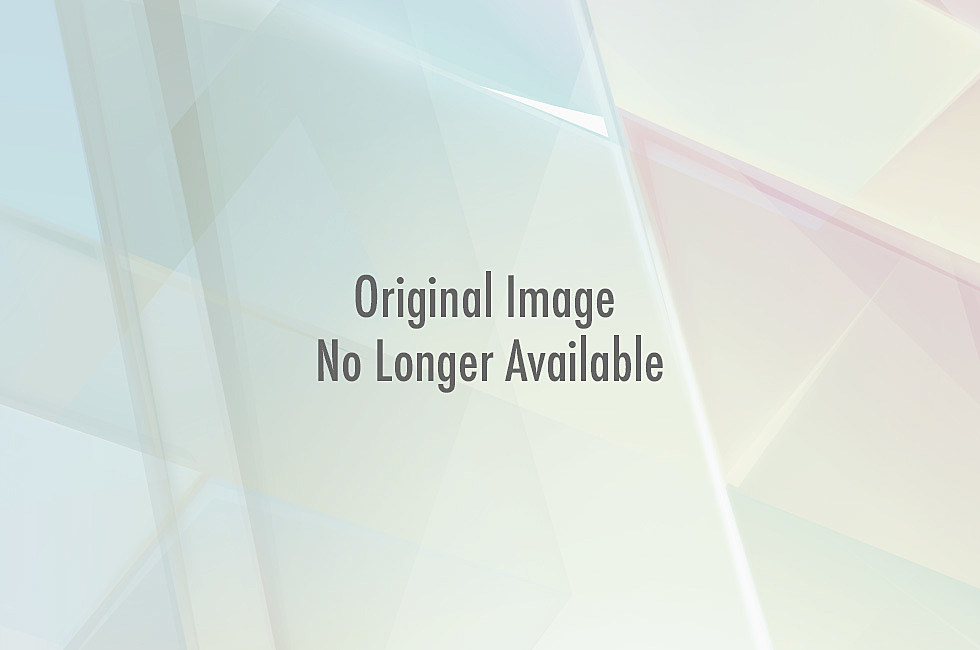
Black Sabbath might just be the most covered heavy metal band of all time. The band that started it all and sees their influence reach no limits have been paid homage to time and time again by some of the genres biggest acts, some not as well known, and even some outside of metal.
Of course, nobody can imitate the masters with Tony Iommi’s signature riffing and playing style, Geezer Butler’s meandering bass lines, Bill Ward’s octopus-like drumming, nor the various men that have fronted the band over the years. Be it Ozzy Osbourne, Ronnie James Dio, Ian Gillan, or any other singers that have been at the Sabbath helm, other bands can only strive to come close to capturing the magic of the originals or to put a unique twist on things that are the essence of their own music. Here, we present our list of the 10 Best Black Sabbath Covers.
'Symptom of the Universe''
Sepultura
One of the heaviest Sabbath tracks was given a Brazilian thrash treatment by Sepultura in 1994. The South American band lends their trademark riffing to the song and if you had never heard the original version, it wouldn’t be hard to imagine that this was an original cut from a Sepultura album. Max Cavalera’s barked vocals take on the familiar military cadence style rather than attempting to sing the song. Max’s brother Igor Cavalera executes the drum fills brilliantly with his toms that really drive the Sepultura feel home.
'Changes'
The Cardigans
‘Changes’ has always been a controversial song, feeling like it didn’t have a proper place on ‘Vol. 4.’ The lyrics stick to the traditional Sabbath style of feeling alone and melancholic, but Iommi’s piano parts sound oddly cheerful with a flawed effect in contrast. Swedish indie rock band the Cardigans completely reworked this song for a full band with acoustic guitars. The tempo is upbeat with those dissonant chords reflecting the mood of the lyrics, helping to contrast the emotions as Nina Persson’s soothing voice sings words of sorrow.
'Zero the Hero'
Cannibal Corpse
‘Born Again’ is a divisive album that Black Sabbath fans either love or hate with absolutely no middle ground. Between Ian Gillan of Deep Purple fronting the band and the horrendous album cover, there’s a lot to discuss about this album. Cannibal Corpse fall under the love it category here and chose to cover one of the standout tracks, ‘Zero the Hero.’ While keeping true to the original, the brutal group manages to own this song. The twisted riffing fits in well with the old Cannibal Corpse style as Chris Barnes belts out his ultra-low gutturals.
'Heaven and Hell'
Solitude Aeturnus
The doom outfit Solitude Aeturnus from Texas made a bold move when they decided to cover the title track from the first Black Sabbath album to feature the golden voice of Ronnie James Dio. Robert Lowe does tremendous justice to Dio’s work and sounds a bit like Dio every now and then with his snarl. Where this cover picks up is a little bit before the halfway mark after the second chorus. The massive guitar tone is an ode to Iommi and creates a wall of sound behind the rifflord’s work. Impressive to say the least.
'War Pigs'
Faith No More
Mike Patton and the rest of his crew in Faith No More perform a spot-on cover of the Black Sabbath live staple ‘War Pigs.’ Patton’s nasally singing voice resembles Ozzy’s pretty well while the band sell their souls to the music. The octopus-like drumming here really captures the feel of the song and there’s a bit of the trademark Faith No More groove present in the bass lines, which is enough to make this more than just a measly imitation.
'Into the Void'
Melvins
The Melvins have always been an oddball band, never conforming and always trying to out-weird themselves. Fortunately, someone lugged one of those bulky video cameras to a Melvins show and captured magic on tape. The grunge trio take the song ‘Into the Void’ and slow things down a lot. The band is electric on stage as they demonstrate the Melvins way of playing a Black Sabbath tune, losing themselves in the music to make for a captivating cover
'Never Say Die'
Megadeth
One of the most maligned Black Sabbath albums actually features a number of solid cuts. Dave Mustaineis no fool and realized this when Megadeth covered the title track from the last Sabbath album to feature Ozzy for the next 35 years. Mustaine is not noted as being a great singer, but on this live cover his voice soars with clarity as the shredding thrash band tear this song apart. Life is injected into this uptempo song, showing us that maybe this album isn’t all that bad after all.
'Planet Caravan'
Pantera
Pantera shocked everyone in 1994 when they recorded this psychadelic Sabbath jam and included it on the ultra heavy ‘Far Beyond Driven.’ After a menacing three albums in the post-glam era, the band was about as heavy as it gets, but cooled the engines with their rendition of ‘Planet Caravan.’ Phil Anselmo’s voice goes under the studio knife a bit, but not as drastically as the effects on Ozzy’s voice in 1970. As far as music goes, this one is easy but the difficult part is channeling the atmosphere, which Pantera did successfully.
'Solitude'
Ulver
Not every Black Sabbath song is a riff monster. The band often wrote calm, softer songs that came from their ‘60s influences. Ulver’s atmospheric turn from their black metal beginnings take an overwhelming amount of inspiration from songs like ‘Solitude’ Garm’s voice is well-suited for this song with his soothing crooning, invoking a dream-like state for listeners. The avant-garde band incorporates brass instruments to texture the palpable atmosphere, making this song sound more like an original than a cover of the masters.
'Black Sabbath (From the Satanic Perspective)'
Type O Negative
Geezer Butler stated that this is his favorite Black Sabbath cover, so how can anyone argue with that!?Type O Negative put their own twist on things here and change up the lyrics to represent the concept from Satan’s point of view. Sometimes cover songs are almost identical, but other times a band will make the song their own and play around the skeleton of the song. Considering that ‘Black Sabbath’ is the most daunting song to cover, it is refreshing to hear it re-imagined because it can never be replicated.












